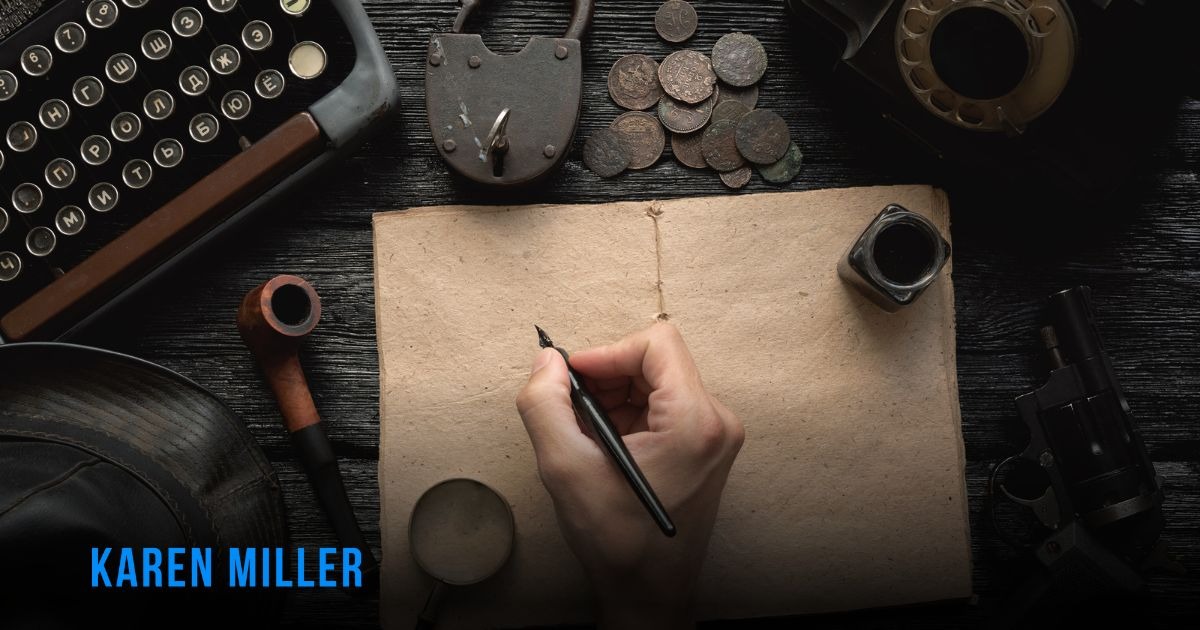A Tale of Two Teachers
 Jane Austen
Jane Austen

A long time ago in a galaxy far, far away, I was an undergraduate student at the NSW Institute of Technology, studying for my BA in Communications. I was majoring in Literary Studies, Radio Production, Film Studies and Professional Writing. It was a great course and while I didn't produce writing worth a penny in those 3 years, I did learn a great deal. And I think the most important thing I learned was how powerful and important the right words at the right time -- and the wrong words at the wrong time -- can be when you're at the start of your writing career.
I'm not going to identify the two lecturers by name because even though it was a while ago, they might still be around and the point of this is not to point fingers but to illustrate -- well, what I want to illustrate!
One lecturer, we'll call her Sally, was teaching the Writing for Children component of my writing major. She was a gentle lady, not a huge personality, just someone who loved writing and books and helping students find their way. One of the exercises she gave us involved writing 3 separate scenes, small events. Truthfully I don't remember anything more specific than that. And I remember that one of the scenes I wrote was based on an incident from my own childhood, where my pet guinea pig was killed by a child who visited my house and insisted on picking him up and holding him. I didn't want her to, but because I wasn't insistent enough she got her way, dropped him, broke his spine and killed him. So I wrote about how that felt. Sally told me that she loved my work, and that she'd been so affected by that scene in particular that she showed it to a writer friend, who cried. And then she told me: don't ever give up. Keep writing. It's too easy for women to get sidetracked by life, she said. But you have a gift, and you should stick with this writing thing. I was about 19, I suppose, and I was facing a lot of personal challenges at the time. Those words made a huge difference to me. The fact that someone I didn't know was emotionally affected by my work made a difference, too. I was nowhere near ready to write publishable fiction, but her encouragement stayed with me. It's still with me today.
And then there was the other teacher. We'll call him Bill. Now, before I go any further I'll say this about Bill -- he helped me identify a really important weakness in my work, and reminded me of a very important element of fiction writing in general. He said whenever I got close to some really dramatic conflict in my work I backed off. I chickened out. And I weakened the work as a result. He was dead right. At that point in my life conflict was the last thing I could deal with, even the fictional kind. And conflict is the entire skeletal system of effective fiction. I wasn't ready to do anything about it then, but the comment stuck with me and it helps to keep me on track today.
Sadly, though, Bill also let me down. A writing exercise he gave the class was to produce a piece of satire. Fine. It's an important fictional style and useful to explore. Only one of my fellow students thought it would be really funny to satirise a piece I'd presented to the class the previous week. He thought it would be really cool to poke fun at something I'd done, that was heartfelt and honest. Doubtless it was far from brilliantly written, but that's not the point. His point was that he found my thoughts and feelings stupid, and therefore worthy of ridicule in front of the whole class and our teacher.
And Bill let him get away with that.
It was unacceptable. And I wish I'd been a stronger person then, strong enough to call him and the other student on their bullshit. Because it wasn't okay to do that. It was mean spirited and unkind and done for cheap laughs at my expense. Why Bill didn't call him on it, I don't know. Maybe he cared more about being the 'cool' teacher than he did in standing up for someone who was being attacked. I guess why doesn't matter. The point is, he gave his tacit approval for that behaviour. In effect, he told me I wasn't worth standing up for. And while I put on a brave face, I was really hurt.
But I survived. I graduated with my degree and many years later, I'm now a published author. I'm a stubborn person and while I may get knocked down, I always get up again. Another student might not have, though. Another student might have found that kind of public humiliation so devastating that the idea of risking the pain again was unthinkable.
Writing, like acting, is a hugely confronting business. It leaves us naked, and vulnerable, at the mercy of our own doubts and fears and hostage to the ridicule of others who -- for whatever reason -- can only feel good about themselves by tearing someone else down. To get up on stage or to record our inner lives for others to read -- even filtered through fiction -- is to expose ourselves beneath a harsh light. It takes courage. And if something goes wrong, if we're laughed at or meanly criticised, oftentimes we retreat and we never take that risk again.
I was lucky. To offset the pain, I had the memory of Sally's words. A warm blanket when the chill wind blew. Not everyone gets that lucky.
If you're reading this and you're a new writer, and either you fear or you've experienced a bruising blow while you're still figuring out who and what you are as an artist, take heart. No matter the hurt, you can survive it and you can go on to succeed. Published writers get knocked down too, by bad reviews. You can't hope to please all the people all the time. All you can do is write the best, most honest story that's in you, be proud of that, and trust that the audience will see what you're trying to say. If you get a fair critique, appreciate it. Honest feedback can sting sometimes, but it can also help you grow as a writer. As for the other kind of critique -- well, you'll know it when you see it. And then you'll ignore it. People can only hurt you if you let them. I couldn't control what that student did, and I couldn't control how Bill handled the situation. All I could control was my response, and my response was not to give away my power, not to let someone else decide how I lived my life. It took me a few years, but in the end I got there. You can too.
My other point would be this -- if you're asked to pass an opinion on someone else's work, be honest ... but fair, and as thoughtful as you can be. You can't -- shouldn't -- lie and say something's great if it isn't. But if you ever feel yourself being tempted to make a joke at someone else's expense, to be wittily sarcastic about someone else's work, knowing you'll look clever and get a laugh -- don't. Don't be that kind of person. Be generous of spirit. Be mindful of that person's heart and soul. Writing is a lonely business. There's no reason to add to it.
Most of all -- don't give up. If you get knocked by a poor critique or review, take a deep breath, learn what you can learn from what's been said, and then write some more. It's the only surefire antidote I know.
![Jane Austen]()
By,
Jane Austen
Jane Austen is a Senior Editor at KarenMiller.net, where she covers all topics related to toys, gifts, and holiday and home decor. With a keen eye for trends and a passion for discovering new products, Jane ensures that readers are always up to date with the latest and most innovative items on the market.
Jane’s expertise lies in her ability to provide comprehensive and informative content. From in-depth toy reviews to curated gift guides, she goes above and beyond to deliver articles that not only inform but also inspire. Her goal is to assist readers in making well-informed purchasing decisions that will bring joy and excitement to their lives.

